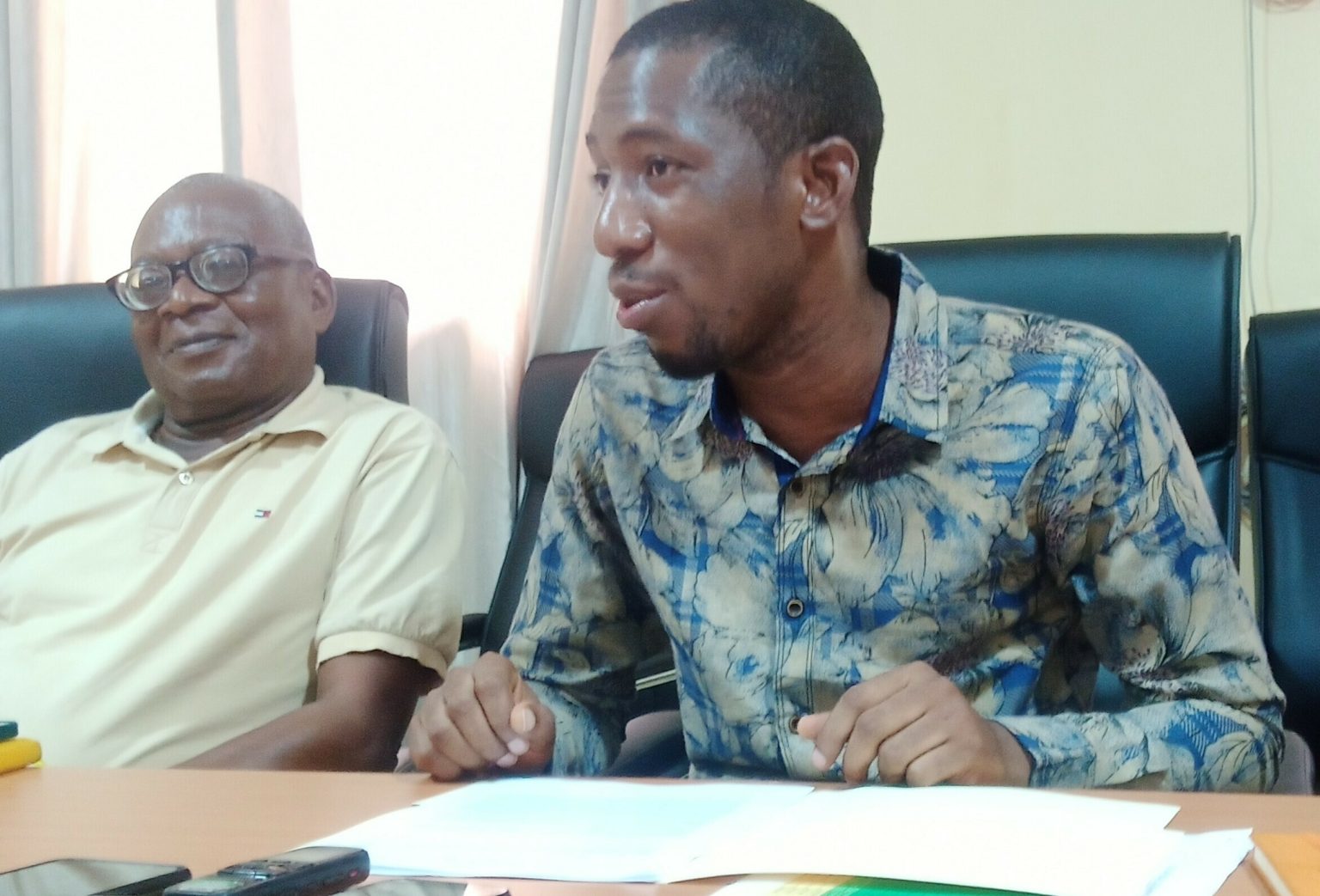In the ongoing US$700,000 damage suit against Ecobank Liberia, Alex Williams, one of the co-defendants, has firmly denied allegations linking him to the public disclosure of account details belonging to the Liberia Institute for Statistics and Geo-Information Services (LISGIS). The case was initiated by Wilmot Smith, a former deputy director of LISGIS, who claims that Williams, along with Ecobank and another individual named Martin Kollie, was involved in a defamatory campaign against him. Smith’s suit seeks significant monetary compensation for damages purportedly caused by the spread of information regarding his alleged misappropriation of funds from LISGIS’s account.
Williams, who previously served as the Deputy Director General for Statistics and Data Processing at LISGIS, responded to the court proceedings by making it clear that he is not affiliated with Spoon TV, the digital platform reportedly involved in disseminating the leaked information. He asserted that he has not aided Spoon TV in any libelous efforts against Smith. The allegations against Williams suggest that he misled Ecobank’s reconciliation officer, thereby facilitating the unauthorized disclosure of sensitive account information which Smith supposedly exploited for the illegal withdrawal of US$1.7 million from LISGIS.
In his defense, Williams highlighted that the account in question had been established for managing funds related to the 2008 National Population and Housing Census. He clarified that he was one of the authorized signatories on this account and he upheld that he acted in accordance with his duties as a Principal Deputy as per the LISGIS Act. Claiming that he has no contractual relationship with Ecobank or Spoon TV-based allegations, Williams asserts that he performed his role transparently and within the limits of the law.
Moreover, Williams revealed that he cooperated with the Liberia Anti-Corruption Commission (LACC) during its investigation into potential financial misconduct at LISGIS. He provided pertinent evidence and documentation related to the bank accounts under scrutiny. Following the investigation, the LACC released its findings publicly, indicating no wrongdoing by Williams, which he argues undermines Smith’s claims of defamation through alleged account manipulation.
The legal discourse surrounding this case shines a light on the complexities of accountability in public service and the challenge of defamation in the digital era. Williams emphasized that Smith lacks the legal authority to claim that the bank statement related to LISGIS was unlawfully obtained, underscoring that only the institution itself has the standing to pursue such allegations. He contends that the investigation findings and his compliance with governmental inquiries should exonerate him from Smith’s claims of slander and financial impropriety.
Ultimately, as the case develops, it illustrates the ongoing struggles with transparency and integrity in the governance of public institutions in Liberia. The allegations against Williams and his adamant refutation open up discussions on the responsibilities of public figures and the implications of media integration in legal battles, particularly how information dissemination can potentially shape public perception and impact the reputations of individuals involved. Williams’ defense is a crucial reminder of the legal boundaries that frame both public authority and ethics in the digital information landscape as the parties prepare for the next stages of litigation.














